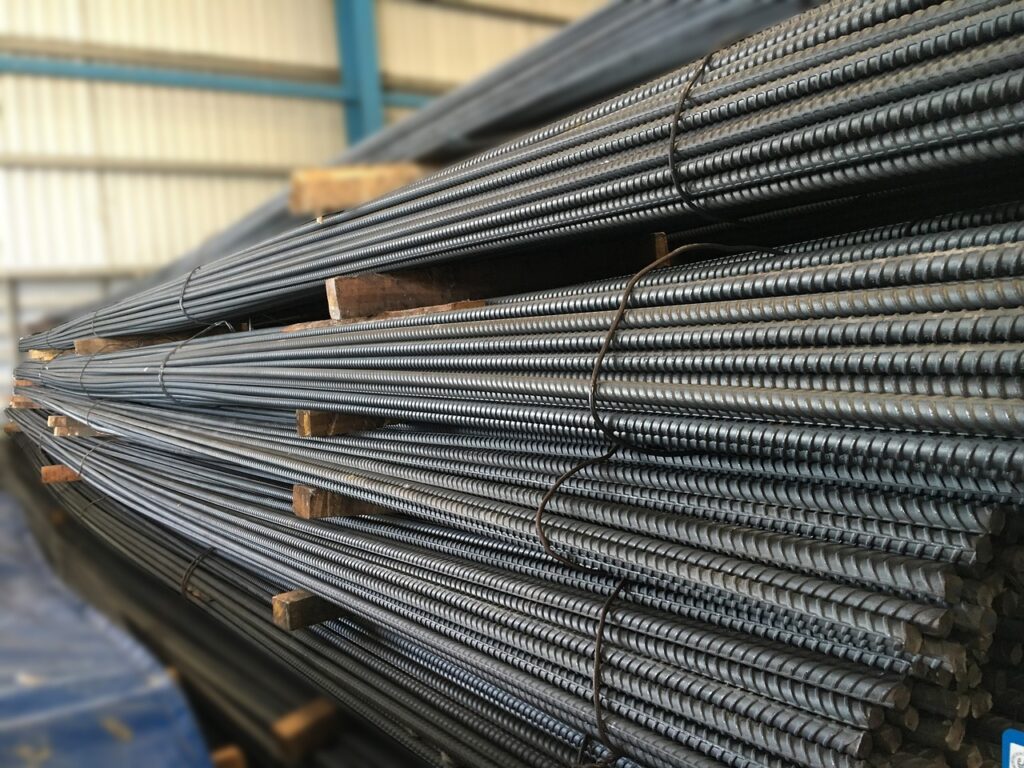Deacero called for restarting steel companies in the USMCA if they use inputs produced in North America.
In its opinion, North America must present a united front to minimize distortions in this region and ensure that Chinese steel does not benefit from the USMCA.
The company submitted this request to the U.S. Trade Representative (USTR) as part of the consultation process for the 2026 review of the USMCA.
Steel companies in the USMCA
China accounted for more than half of global steel production in 2024, with production exceeding 1 billion metric tons, while North America accounted for only 5.6% of production.
As the Chinese steel industry continues to produce on a large scale, domestic demand in China is declining, causing Chinese steel exports to more than double in recent years, from 54 million metric tons in 2020 to 118 million metric tons in 2024.
“These exports unfairly displace production in North America; this must end,” Deacero said.
Deacero does not source inputs from China or Chinese-owned suppliers.
Chinese imports
Deacero stated that the fundamental problem that the three parties to the USMCA must address and correct is the ability of third countries, including and especially China, to obtain benefits from the Agreement.
Deacero shares the concern expressed by the United States regarding China’s use of Mexico and Canada as export platforms to circumvent U.S. tariffs.
In its view, this practice not only deprives the United States of revenue from tariffs on Chinese products, but also deprives strong U.S. companies such as Deacero of business opportunities and market share.
Deacero argued that it is increasingly forced to compete with imports from China—and with Chinese imports channeled through Malaysia, Vietnam, or other third countries—that are sold at dumped prices, receive substantial state subsidies, and may also benefit from USMCA preferences under the agreement’s current rules of origin.
According to Deacero, imports from China have also increased rapidly in Mexico, raising concerns that Chinese companies are accessing the U.S. market by transshipping through Mexico.
The increase in imports covers a wide range of goods, and steel has been no exception; Mexican imports of iron and steel from China doubled between 2015 and 2023.

